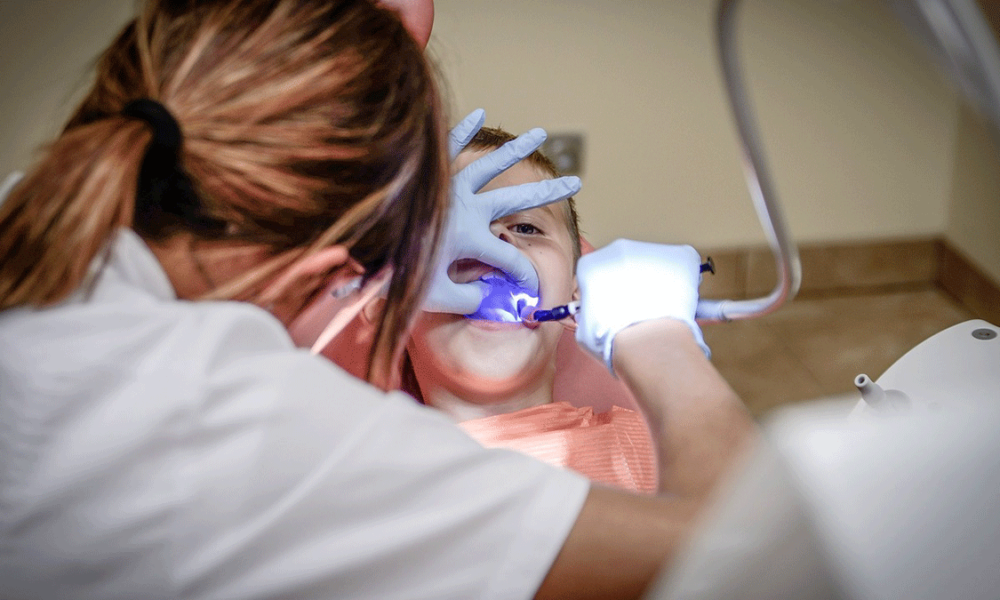
The USDA’s Animal and Plant Health Inspection Services’ (APHIS) reports on achievements for 2022, its 50th anniversary year. It was a year marked by the twin challenges of the COVID-19 global pandemic and the largest animal health outbreak in this country’s history – the ongoing Highly Pathogenic Avian Influenza (HPAI) outbreak, which stretched to 47 states.
The 2022 Impact Report represents the work of more than 8,600 employees from all 50 States, four territories, and 27 countries. Among the highlights, according to the Acting APHIS Administrator Mike Watson, are these:
- Inspected and cleared 2.82 billion pounds of fresh fruits and vegetables from 19 countries before they were shipped to the United States. Oversaw a systems approach to import 2.04 billion pounds of avocados into Mexico safely.
- Expanded the export of U.S. fresh potatoes to Mexico beyond the 26-kilometer border zone, estimated to provide a market potential of $250 million in five years. This is an increase of $190 million from the current export value of $60 million.
- Initiated an emergency program to address nationwide detections of highly pathogenic avian influenza. Performed 1,854,713 tests on commercial poultry flocks through National Poultry Improvement Plan cooperative agreements and coordinated the collection of 20,860 wild bird samples, helping to protect the U.S. poultry industry–whose production is valued at $46.1 billion.
- Assisted the Dominican Republic and Haiti in their African swine fever (ASF) program by advising on surveillance, quarantine, depopulation, and disposal methods; testing support; outreach; staff training; expanding surveillance; and bolstering in-country testing capacity.
- Continued to enforce an ASF protection zone in Puerto Rico and the U.S. Virgin Islands; enhanced pre-departure activities by adding temporary staff, canine detector teams, and x-ray machines, as well as conducting training for staff in inspecting for animal products; and increased Smuggling Interdiction and Trade Compliance market surveys in the protection zone to identify potential regulated or prohibited product and ensure its removal from the marketplace.
- Facilitated new markets for a wide range of U.S.-origin animals and animal products, including bovine meat and bone meal to Peru worth an estimated $5 million per year; wheat to Fiji worth an estimated $3 million per year; sheep and goats to Senegal worth an estimated $800,000 per year; and bovine, ovine, and caprine genetics to Tunisia worth an estimated $500,000 per year.
- Produced 1.04 billion sterile Mediterranean fruit flies weekly at the El Pino sterile insect facility in Guatemala, supporting preventative release programs in California and Florida, along with population control efforts in Guatemala and Mexico
- In a One Health initiative with Federal, State, and Tribal partners, monitored and surveyed thousands of white-tailed deer and other animals (both wild and domestic) for SARS-CoV-2 to help identify species that may serve as reservoirs or hosts for the virus and better understand exposure, disease susceptibility, and the risks of cross-species transmission.
- Protected wildlife and public health by distributing more than 8.5 million oral rabies vaccination (ORV) baits to combat raccoon rabies in 16 Eastern States and more than 1.2 million ORV baits in Texas to prevent canine rabies from reemerging along the Mexican border.
- Oversaw 13,376 licensees and registrants, including nearly 2,500 new registrants, ensuring the humane care and treatment of AWA-covered animals.
- Conducted 10,595 AWA site inspections—including 1,248 unannounced inspections at research facilities—to assess the health, care, and treatment of more than 1.4 million animals. Found 96 percent of licensees and registrants in substantial compliance with the AWA.
- Fully implemented USDA’s revised biotechnology regulations allow APHIS to regulate with greater precision and reduce regulatory burden for developers of organisms that are unlikely to pose plant pest risks, providing over $8 million in annual cost savings.
- Collected 72,500 samples for SARS-CoV-2 testing — representing 100 species from wildlife, zoos, aquaria, and other facilities across 36 States and Washington D.C. Sequenced 500 samples, with 161 being variants first detected in humans before animals. Maintained further support at 30 National Animal Health Laboratory Network (NAHLN) labs, including seven capable of testing human samples.
- Issued 2 Regulatory Status Review (RSR) decisions, which replaced the petition process in the legacy regulations to determine whether a plant developed using genetic engineering is subject to regulations as a plant pest. These were the first decisions under the new RSR process in the revised regulations. APHIS has completed nine RSR reviews to date.
(To sign up for a free subscription to Food Safety News, click here.)
Note: This article have been indexed to our site. We do not claim legitimacy, ownership or copyright of any of the content above. To see the article at original source Click Here












